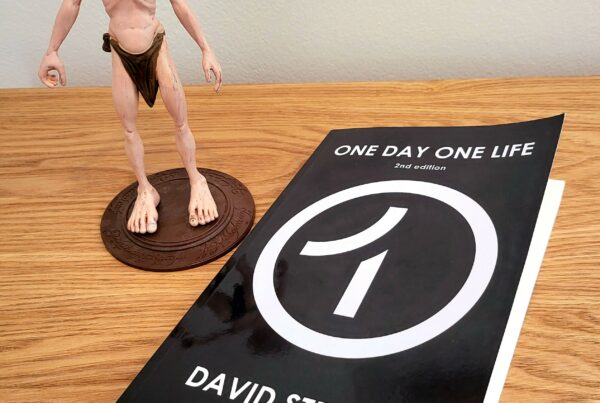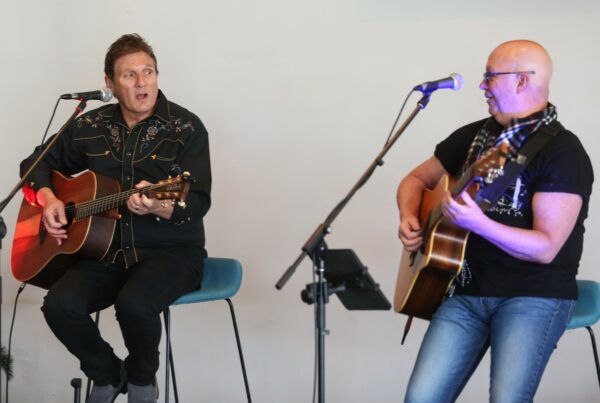A hangover to alcohol is a drug overdose
Would you employ a recovering drug addict? This was the question posed to me in a conversation this week.
As someone who has not had a drink of alcohol since 1998 the question brought up a few emotions.
Shock.
Anger.
Pity.
Mirth.
Surprise.
Mainly shock and surprise regarding our society’s ignorance and lack of education around;
- Alcohol
- Social drug use.
So, in my most humble way I will attempt to clarify a couple of points.
Firstly, alcohol is a drug. And back in the ignorant 1990’s, as I nursed another biweekly hangover, I did not realize that a hangover to alcohol was actually a drug overdose. Yes, folks, a hangover is a drug overdose!
So, taking this logic a bit further, a chunk of Aussie corporate high flyers are drug addicts, because they celebrate hangovers as a right of passage.
Secondly, I know many extremely successful, highly regarded business people who enjoy cocaine, marijuana and God forbid – opiates!!!
The fact that people use so called ‘recreational’ drugs does not mean they are drug addicts.
The use of the substance doesn’t translate to addiction.
The abuse of the substance creates addiction.
And if we stretch this logic a bit further the illness of addiction runs deeper and wider than substance abuse.
Overwork.
Sex addiction.
Anorexia, bulimia and overeating.
Shopping.
Power and ego.
Gambling.
Ownership and renovation of properties.
Therefore, when you break down the excessive behaviour to the symptom level, is not the illness the same?
A man drinking twelve schooners and gambling in a bar, avoiding life and ruining his life.
A woman starving herself in a room, avoiding life and ruining her life.
A lawyer working in an office at nine pm, avoiding life and ruining his life.
A teenager shopping online at two am, avoiding life and ruining her life.
All looking in, lost in a destructive, loop of behaviour and unable to look out.
So, as a recovered alcoholic and drug addict let me state a few home truths. I am just as employable and competent as a diabetic or a women recovering from breast cancer.
I suffer from an illness or impairment that takes daily treatment, structure, discipline, love and support.
As a recovered alcoholic.
I am not a freak.
I am not some washed up beast of the deep, gasping a final breath on a lonely beach.
I am just a man.
I am a son and a brother and a father and a partner.
Who cannot drink alcohol.
Not life-giving water, dear folks, but alcohol.
A distilled poison.
A brew that preserves dead flesh.
Why does Western society judge the addict so harshly?
Why?
Why does society treat the alcoholic with such disdain?
Do we shine the light of your possibility too brightly in your fearful eye?
Are we your picture of Dorian Gray?
Or is just the general stigma of disability?
The great shame of being different.
Faulty.
This is I feel more to the point, and as much as the right wing elite wish to trumpet the dawn of unity and inclusion, I believe the brass section blows too loudly.
Too urgently.
From my years working in the major banks, I found that when they yell the loudest, they want to distract their customer from the shadow behind the curtain.
The spectre lurking in the darkened corner.
The truth!
I feel it is not just a lack of understanding and care, but a genuine fear for the vulnerable and the defenceless.
A fear of being caught in the trap.
Fear breeds anger and—in extreme cases of disability opposition—hatred.
Alcoholics and addicts create a feeling of underserved pity.
Those who are pitied are generally shunned and therefore do not receive the support of the elite and powerful.
There is a populous, jealous view that reformed alcoholics do not deserve help and tolerance because they had the same chances of the normal drinker and do not earn a second chance.
Unfortunately, there still exists a mythical norm in Western society that to be accepted and normal, you have to be white, Christian, male, responsible, austere, able and financially secure.
So, when you put up your hand and own a fault or disability, you are given an illness label. Unfortunately, the need to be cured does not give you a pass back to being categorized as a citizen again.
And once cured, there is always the doubt of relapse, so you are never normal again.
However, there is a pot of gold at the end of the rainbow. ‘Normal’ people fail to see the truth behind the glare of the shining globe of Western society.
The great blessing of impairment, disability, and social stigma is that if you win back self-mastery, you win freedom of choice.
You finally see the truth.
And you are able to see the lies of the propaganda of success.
The great freedom of disability is that you realise you are never going to conform to the norm of society again. When you stop trying, you are finally free.
Yes, folks, I have seen that conformity is actually the trap or trick of Western capitalism, and I have won my individual freedom.
However, the great tragedy for me is that only a tiny percentage of my brothers and sisters survive to share my wonder.
Only seven to thirteen percent of my fellow alcoholics recover from alcoholism and you do not come out the other end unscathed.
You are battered, bruised, and forever changed, and if you accept the hand life deals you eventually change for the better.
Let’s face it: The good things in life are universal and include being treated with dignity, respect, and acceptance; having a sense of belonging; having an education; developing and exercising one’s capacities; having a voice in the affairs of your community and society as well as opportunities to participate; having a decent material standard of living; having a normative place to live; and having opportunities for work and self-support. Is this happening for alcoholics and addicts?
So, let me make the point again.
Alcohol is a drug.
Like any drug that can be self-administered to relieve anxiety, it becomes a drug of addiction.
So when you next feel sorry for the park drunk or experience grudging admiration for the sober booze hound, don’t feel guilty. You are just acting and feeling like the rest of normal society.
As a sober alcoholic of twenty years, let me give you a piece of sage advice. I wouldn’t want my old life for all the pinot gris in Bondi.
You see, I’ve seen through the lies I used to believe and live by, and I’m finally free.
And I’m a damn effective, useful, loving and kind human being!
Mic drop……
Need to read more?
Read more about alcohol, drugs and anxiety from One Day, One Life: P. 70-85. One Day One Life




